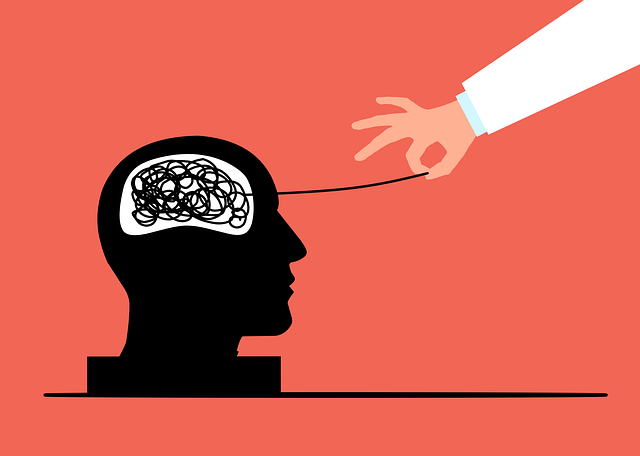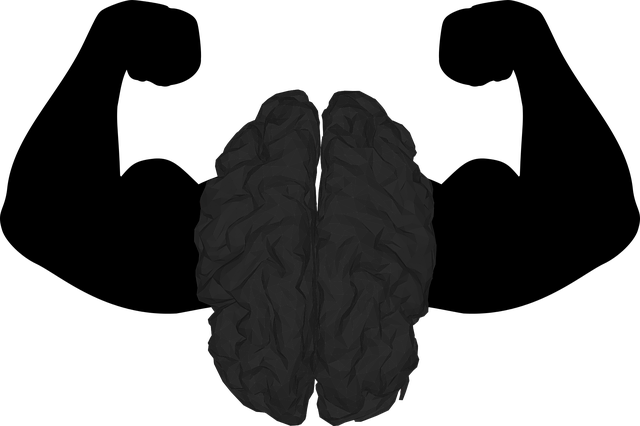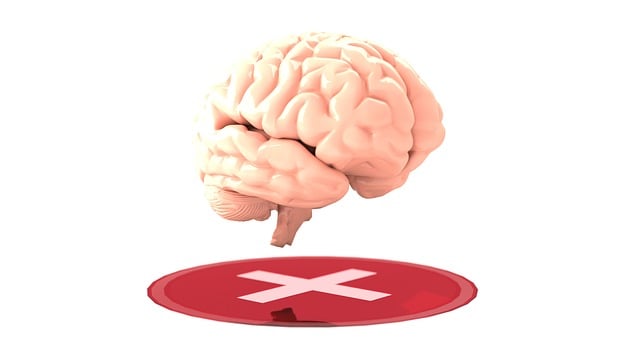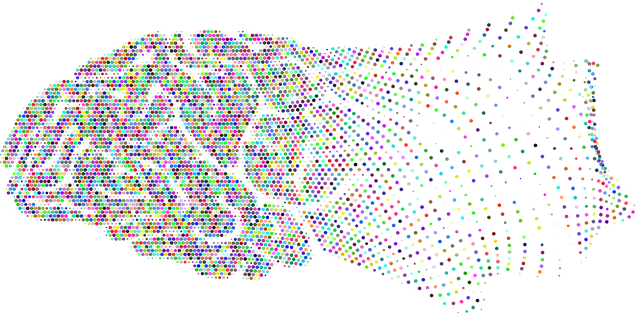Young children's vulnerability to substance abuse is often overlooked due to limited understanding of their developing brains, leaving them at risk for long-term cognitive, emotional, and behavioral issues. Early intervention through comprehensive evaluations, including therapy for Young Children with ADD/ADHD, is critical in prevention. Evaluations help identify underlying conditions contributing to potential future misuse, allowing for proactive interventions like building resilience and stress reduction methods. By integrating mindfulness and mental wellness journaling, therapists can enhance these strategies, fostering self-awareness and positive decision-making skills. Comprehensive Mental Health Policy Analysis ensures adequate support for young individuals with ADHD. Effective risk reduction strategies emphasize tailored therapy, behavior modification, cognitive skills training, emotional regulation, regular evaluations, and promoting mental wellness through self-care practices.
Substance abuse among young children is a growing concern, with early onset posing significant risks for long-term health and development. This article explores comprehensive risk reduction strategies aimed at mitigating these dangers. We delve into understanding the unique challenges faced by young children, highlighting the critical role of early intervention through therapy and ADD-ADHD evaluations. By implementing these evidence-based practices, we can effectively reduce substance abuse risks and foster healthier futures for our youngest populations.
- Understanding Substance Abuse Risks in Young Children
- Early Intervention: Therapy and ADD-ADHD Evaluations
- Comprehensive Risk Reduction Strategies
Understanding Substance Abuse Risks in Young Children

Substance abuse risks among young children are often overlooked due to a lack of understanding of their unique vulnerabilities. Children’s brains are still developing, making them more susceptible to the damaging effects of alcohol and drugs. Early exposure can disrupt brain development, leading to long-term cognitive, emotional, and behavioral issues. Recognizing these risks is crucial for parents, caregivers, and educators who play a vital role in preventing substance abuse.
One of the primary steps in mitigating these risks is through comprehensive evaluations, including therapy for Young Children with ADD/ADHD. These assessments help identify underlying conditions that might contribute to substance misuse later in life. By implementing effective interventions early on, such as building resilience and employing stress reduction methods, it’s possible to foster positive thinking and healthier coping mechanisms in children. This proactive approach can significantly lower the chances of young individuals turning to substances as a means of dealing with stress or emotional challenges.
Early Intervention: Therapy and ADD-ADHD Evaluations

Early intervention is a powerful strategy to reduce risks associated with substance abuse, particularly in young children. Therapy for young individuals with Attention-Deficit/Hyperactivity Disorder (ADHD) can play a pivotal role in preventing future substance misuse. ADD-ADHD evaluations help identify underlying behavioral and cognitive issues early on, allowing for tailored interventions. Through therapy, children learn coping mechanisms, emotional regulation skills, and healthier ways to manage stress and impulses—all of which are crucial in steering clear of substance abuse later in life.
By integrating mindfulness meditation and mental wellness journaling exercises into therapy, professionals can further enhance these interventions. These activities promote self-awareness, focus, and positive decision-making abilities, laying a solid foundation for mental health and wellness. Moreover, advocating for comprehensive Mental Health Policy Analysis and Advocacy ensures that young people receive the necessary support and resources to address ADHD and other related issues effectively.
Comprehensive Risk Reduction Strategies

Comprehensive Risk reduction strategies for substance abuse involve a multi-faceted approach tailored to address the unique needs of individuals and families. For young children struggling with ADD/ADHD, early intervention is key. Therapy focused on behavior modification, cognitive skills training, and emotional regulation can prevent or mitigate risks associated with substance abuse later in life. Regular evaluations track progress, identify areas for improvement, and adjust treatment plans accordingly.
In addition to therapy, fostering mental wellness through self-care practices and promoting healthy self-esteem are vital components of risk reduction. The Mental Wellness Podcast Series Production offers valuable resources, encouraging open conversations about mental health. By incorporating self-care into daily routines and cultivating positive self-esteem, individuals build resilience against the allure of substance abuse, ensuring a brighter future for themselves and their families.
Substance abuse prevention among young children requires a multi-faceted approach. By understanding the unique risks and implementing evidence-based strategies, such as early intervention through therapy and ADD-ADHD evaluations, we can significantly reduce these dangers. Comprehensive risk reduction plans that address environmental factors, behavioral changes, and access to support networks are crucial in fostering healthier development. Through proactive measures and personalized care, we can create a safer environment for our youngest individuals, ensuring they receive the help they need before it’s too late.










